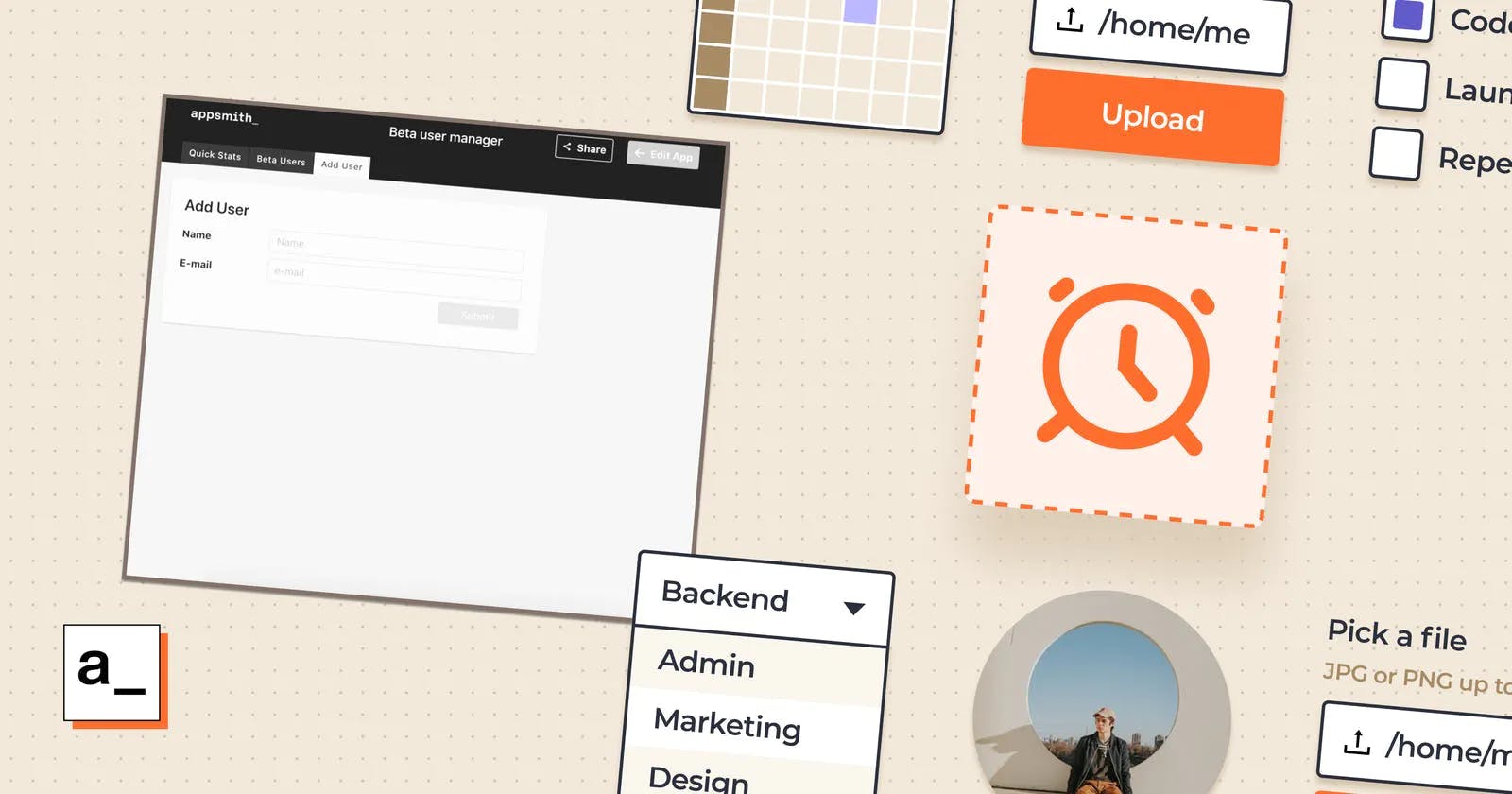Today we're excited to announce the launch of Version Control with Git, so that developers can collaborate and version control their applications. This has been one of the most requested features from our community.
While low-code frameworks like Appsmith save a developer's time via easier application management, faster plugging in of data sources, and effortless creation of UI, there are still aspects of a developer's usual workflow that aren't native to low-code platforms.
Version Control with Git, enables us to take a big step towards that.
Version Control with Git Highlights
Version Control with Git allows multiple developers to add their work in a git branch, raise a pull request for code reviews, integrate with CI/CD pipelines so that their changes go live when their pull requests are approved, and provide a commit history to go back to a previous version if something were to go wrong. You can now also test a new addition to your app on a separate branch without breaking your deployed version.
You can connect to any popular version control tool of your liking: Github, Gitlab, Bitbucket, AWS Code Commit and more.
Furthermore, if you're a large organization using isolated environments for your production and test apps, you can now ensure that your applications can only be promoted to production via your CI/CD processes.
Version Control For All
Appsmith's Community Edition users will be able to connect unlimited public repos and up to 3 private repos.
In contrast, low-code frameworks in the market today either don't offer this functionality as part of their open source or free edition (and instead offer a simple auto-save), or push it deep into their most expensive pricing plans (like Retool).
Head over to our Version Control with Git documentation on how to set up version control with your favorite version control tools and get the most out of it.

